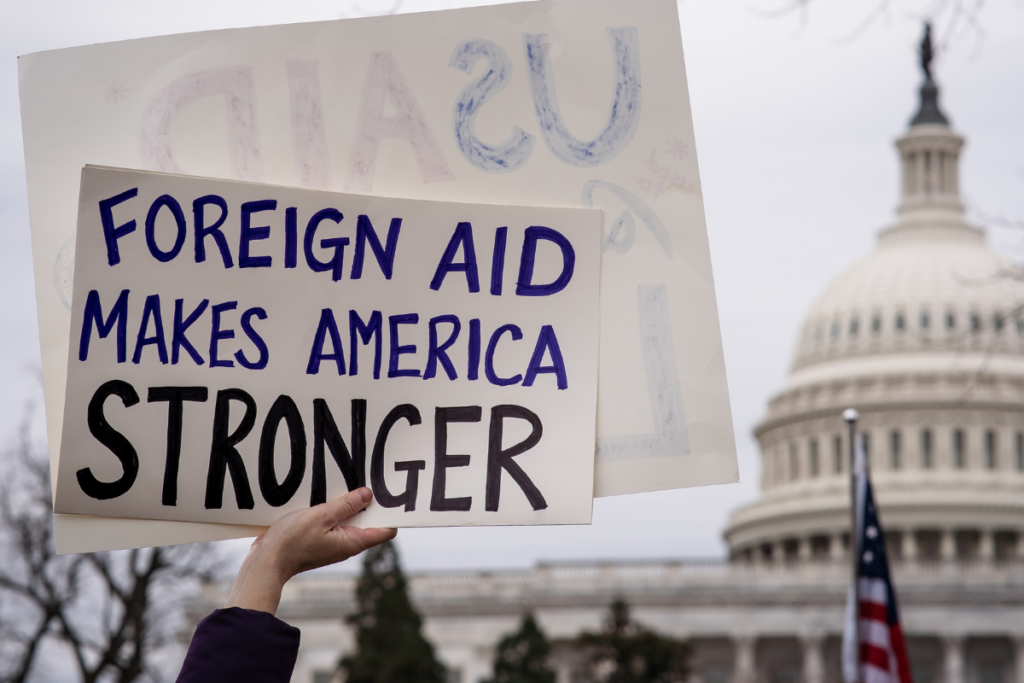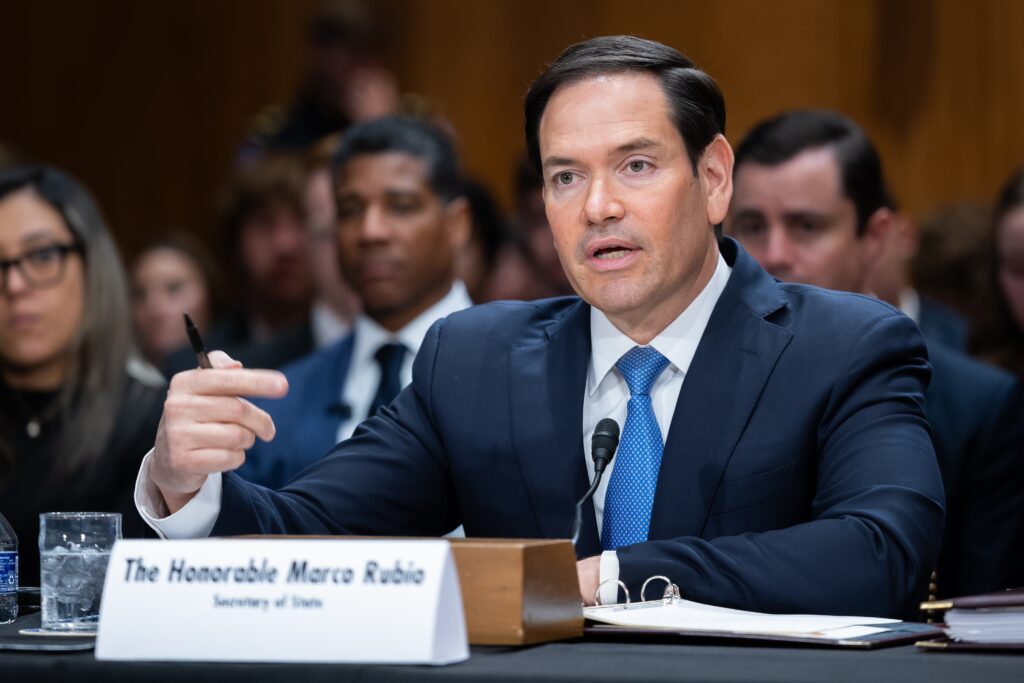By Peter Yeo
On October 17, the Trump administration announced that it was leaving the Universal Postal Union (UPU), the UN organization that governs the traffic of worldwide international mail, unless certain reforms are enacted. Chief among the administration’s concerns: that the cost of delivering items from some foreign countries is subsidized, putting U.S. mailers at a disadvantage. Put another way, that means that it might be cheaper for a country like China to ship a small gadget to New York than for a US company in San Francisco to ship the same gadget to New York.
The administration’s concerns are valid. Its tactics are counter-productive however and its suggested remedy could create chaos for U.S. consumers and manufacturers alike.
The Universal Postal Union was established in 1874 and the U.S. played a major role in its creation. It became part of the UN in 1948. Its purpose in part was to give developing countries access to global markets. To accomplish this, developing countries paid lower mailing rates than wealthier countries. In the years since, countries like China and Singapore have become economic powerhouses while the system has remained largely intact.
The United States Postal Service chronicled this condition in their report in 2015, as did the Government Accountability Office last year, saying the current rates for inbound mail don’t “cover its costs for delivering that mail in the United States.”
Clearly adjustments are needed. But as a Washington Post contributor pointed out, the administration’s attempt at “coercive bargaining” might not yield much more than token gains, while risking other benefits from international cooperation, including counter-terrorism and combating the opioid epidemic.
For example, it’s been long known that opioids and the precursor chemicals needed to make them are easily transported through global mail. The UPU will soon require 80 nations to collect electronic information on a percentage of their packages by the end of 2020, collecting valuable data that can be studied and shared.
Some believe the U.S. unilateral action could set off “postal wars” where countries set their own rates, creating a tangle of rates and systems. It’s both unrealistic and inefficient to negotiate dozens of bilateral agreements in one year, and the move could ultimately hinder our ability to reliably send and receive mail around the world.
Which brings us back to our core belief in the value of international cooperation and the importance of achieving consensus through coalition building and constructive engagement.
Earlier this year, the Secretary of State recognized “the importance of this long-standing organization” and “the United States’ unbroken record of participation.” Let’s hope future negotiations underscore this point, making adjustments where necessary while keeping a useful multilateral organization intact.




